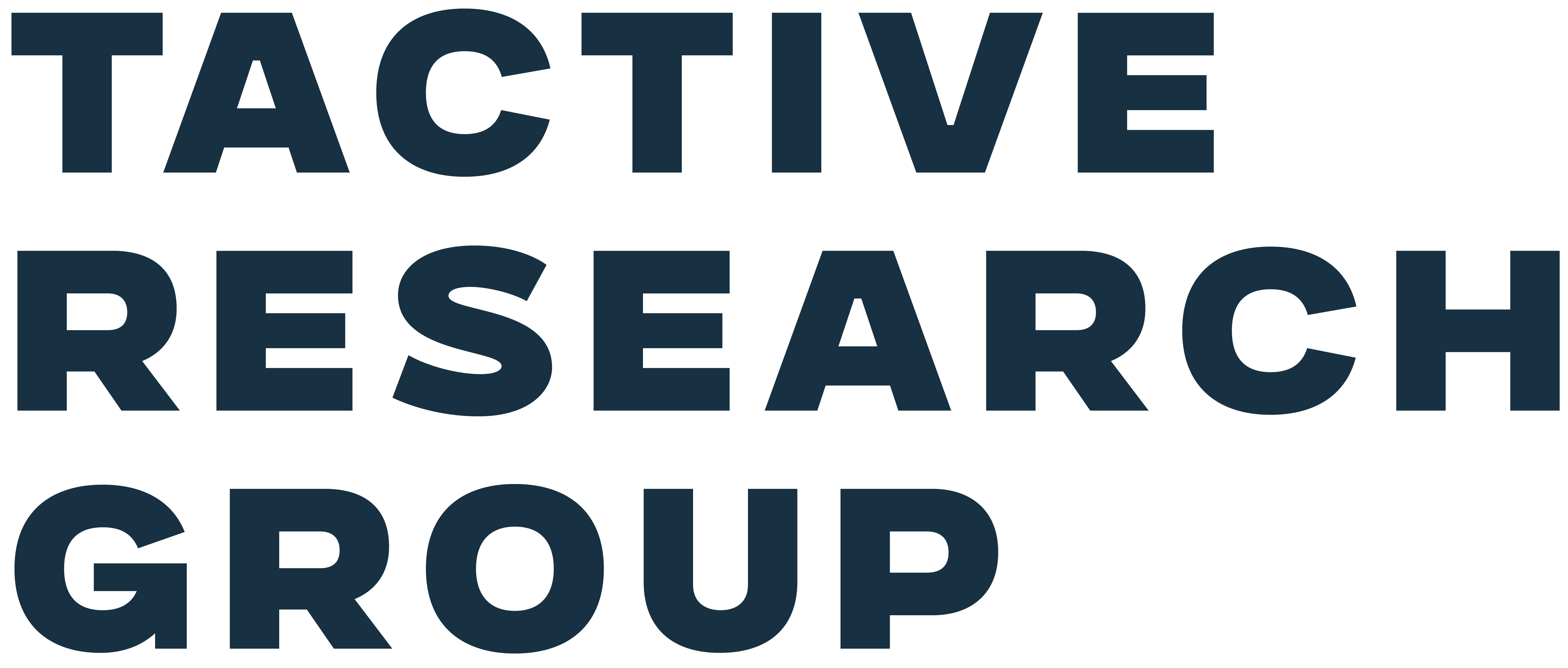Quick Take
PayPal World has launched as a global wallet interoperability platform, linking major players like India’s UPI, China’s Tenpay Global, and Latin America’s Mercado Pago. Enterprises should immediately evaluate where cross-border digital wallet acceptance fits into their digital payment strategies, because customers will soon expect it.
Why You Should Care
- Access to two billion consumers. With wallets like UPI (handling $238B in transactions in June 2025 alone) and Weixin Pay joining the party, businesses can tap into vast user bases without reinventing their payment stack.
- Seamless global checkout. PayPal World eliminates the old headache of building custom integrations for every new wallet. Merchants automatically accept new wallets as the platform expands, no costly reengineering.
- Future-ready architecture. With cloud-native, multi-region infrastructure and security baked in, PayPal World is designed for low latency, high availability, and compatibility with AI-driven “agentic” shopping and even future stablecoin support.
- Strategic differentiation. Venmo interoperability, coming in 2026, will open the door to younger, digitally native consumers, prime targets for businesses seeking to future-proof customer engagement.
What You Should Do Next
Prioritize customer experience by planning communication strategies around new payment flexibility.
Get Started
- Assess your e-commerce and in-store payment systems for readiness to accept cross-border wallet interoperability. Identify friction points where wallet interoperability could reduce abandonment.
- Engage finance and compliance teams early to align with evolving regulatory and fraud-prevention requirements.
- Strengthen fraud controls. Expand fraud-detection and KYC/AML frameworks to account for new wallet types and cross-border transaction patterns.
- Align with marketing. Coordinate launches with customer-facing teams to highlight the added convenience and trust factor of wallet payments.

